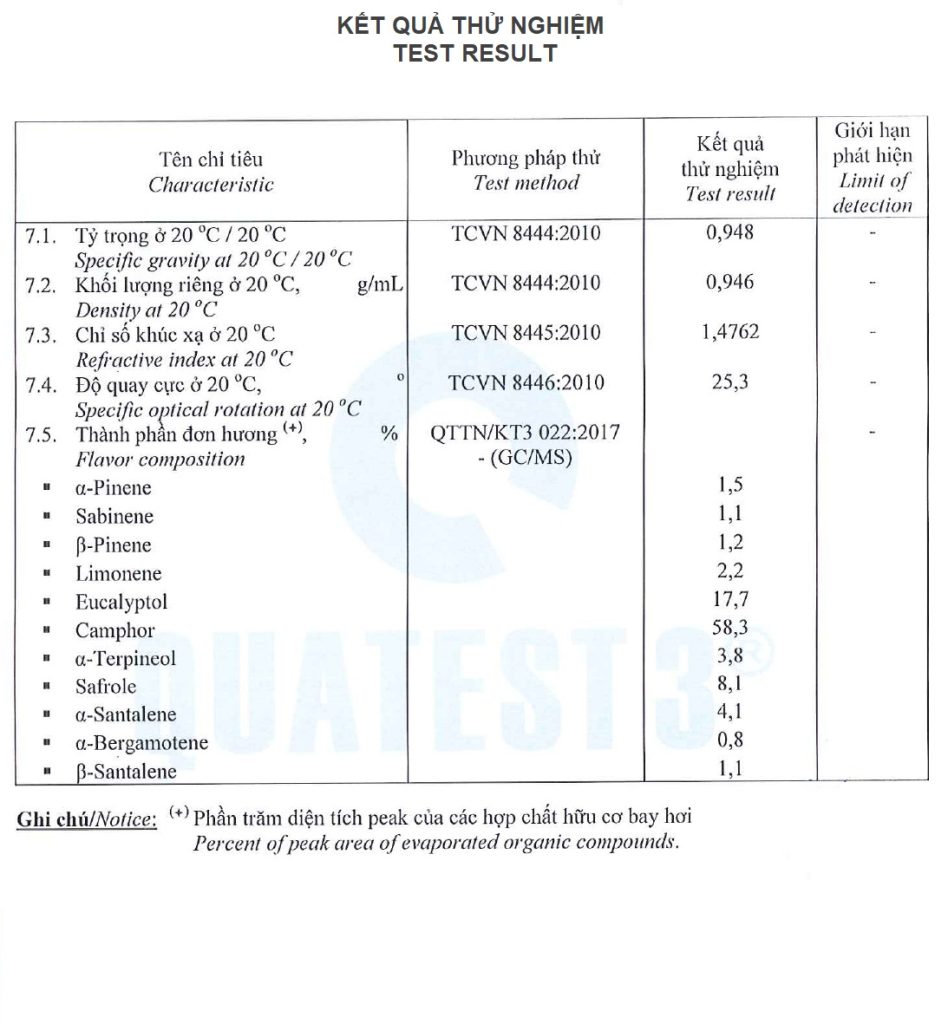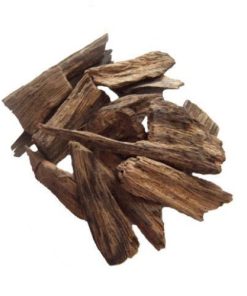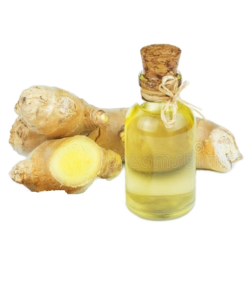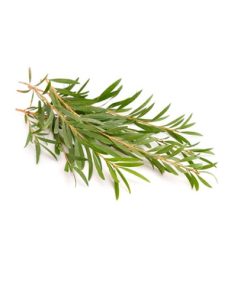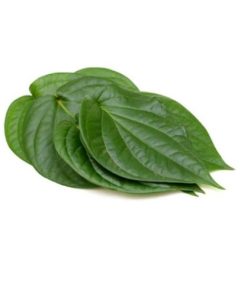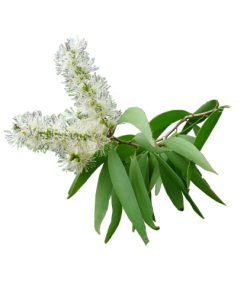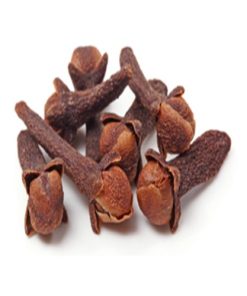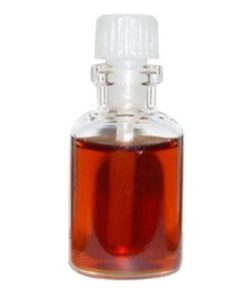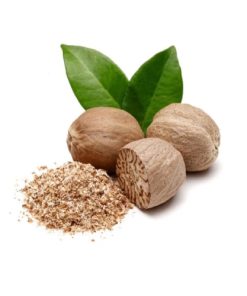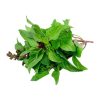CAMPHOR OIL
Specification:
Botanical name: Cinnamomum Camphora
Cultivation method: Wild harvested
Country of Origin: Vietnam
Extraction Method: Steam Distilled
Plant Part use: Wood
Appearance: Clear, Mobile Liquid
Colour: Colorless to pale light yellow
Specific gravity at 20℃: 0.870 – 0.950
Refractive index at 20℃: 1.462 – 1.472
Optical Rotation at 20℃ : +1° to +28°
The main components: Camphor 40- 60%
Shelf life: Min 3 years




